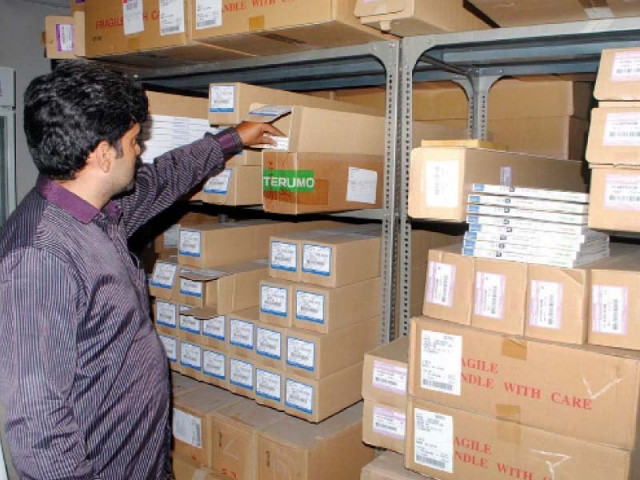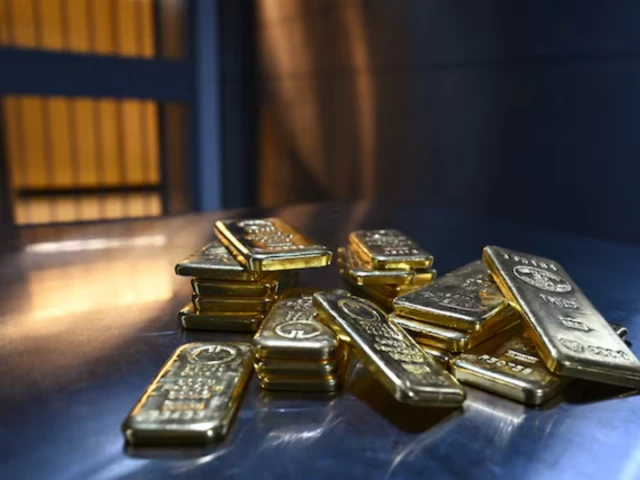Business
Fuel prices set to rise up to Rs2.34 per litre | The Express Tribune
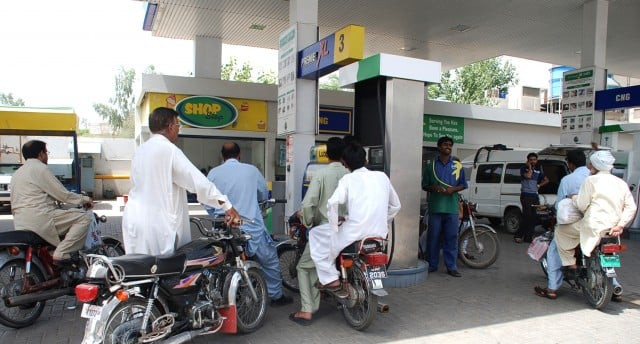
.
ISLAMABAD:
The federal government is likely to raise the prices of petroleum products by up to Rs2.34 per litre for the upcoming fortnight beginning November 1, 2025.
According to calculations, the price of petrol is expected to be increased by Rs1.48 per litre (0.6%), moving up from Rs263.02 to Rs264.50 per litre. The price of high-speed diesel (HSD) may rise by Rs1.38 per litre, from Rs275.42 to Rs276.80 per litre.
Similarly, the price of kerosene oil is projected to go up by Rs2.34 per litre, from Rs181.71 to Rs184.05 per litre, while the price of light diesel oil (LDO) is expected to inch up by 49 paisa, taking it from Rs162.76 to Rs163.25 per litre. There are still two days left before the final announcement. The Oil and Gas Regulatory Authority (Ogra) is expected to submit its summary to the Ministry of Finance by October 31 and the government is widely anticipated to approve the increase in fuel prices.
Business
TDS alert! Important February compliance dates you must track– Check Full list
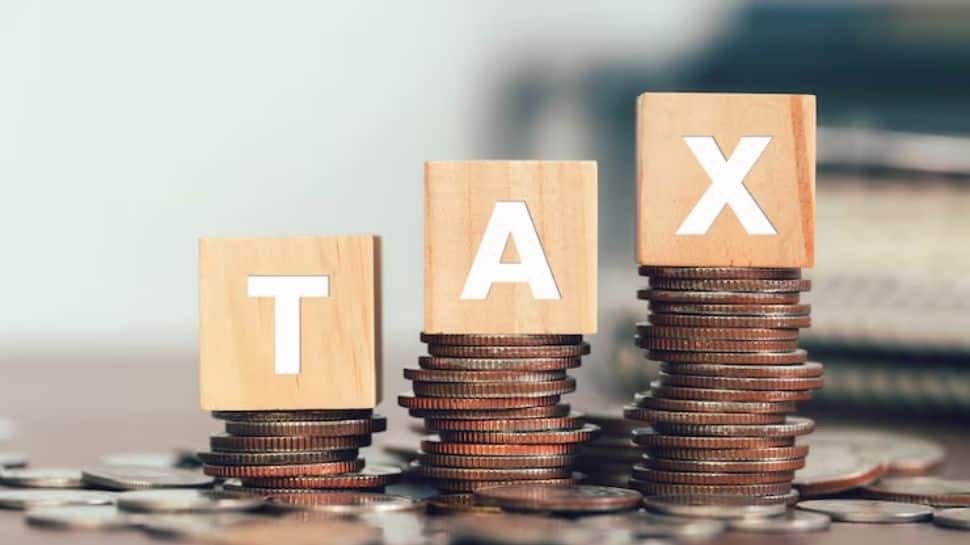
New Delhi: February 2026 brings a series of important deadlines related to Tax Deducted at Source (TDS) that taxpayers and deductors should not overlook. From issuing TDS certificates to submitting mandatory statutory forms, these compliance dates play a key role in ensuring smooth and accurate tax reporting. Businesses, employers, and government offices must stay alert and complete the required filings on time to avoid penalties or complications under the Income-tax Act. Keeping track of these dates can help ensure hassle-free compliance and prevent last-minute stress.
February 14:
– Deadline for issuing TDS certificate under Section 194-IA for tax deducted on transfer of immovable property in December 2025.
– Deadline for issuing TDS certificate under Section 194-IB for tax deducted on rent paid by individuals or HUFs in December 2025.
– Deadline for issuing TDS certificate under Section 194M for tax deducted on contractual or professional payments made in December 2025.
– Deadline for issuing TDS certificate under Section 194S for tax deducted on transfer of virtual digital assets by specified persons in December 2025.
February 15:
– Deadline for government offices to furnish Form 24G where TDS/TCS for January 2026 was deposited without generating a challan.
– Deadline for issuing the quarterly TDS certificate for non-salary payments for the quarter ended December 31, 2025.
Business
Musk’s net worth soars past $800 billion after SpaceX‑xAI deal
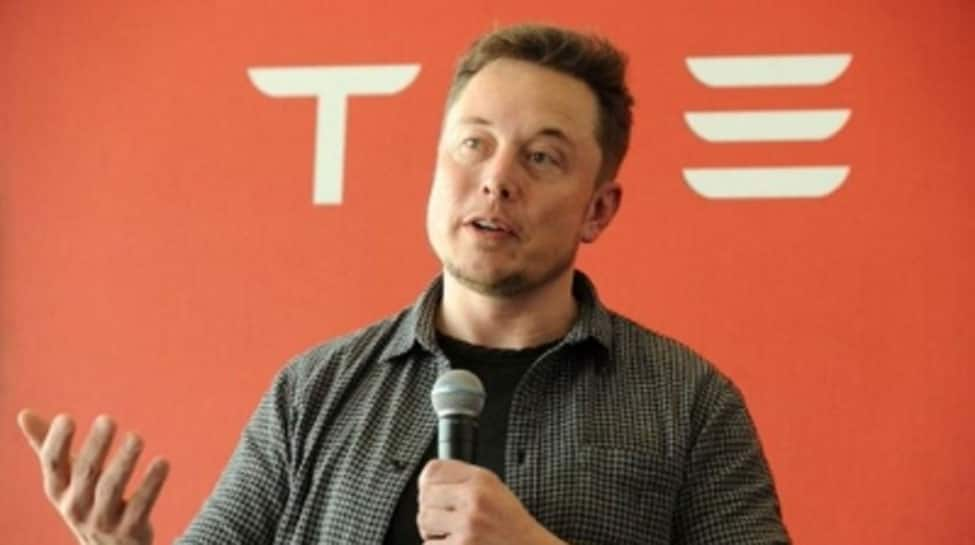
New Delhi: US entrepreneur Elon Musk’s net worth surged past the $800 billion mark after SpaceX acquired his artificial‑intelligence firm xAI, making him the richest person in history by a wide margin.
Musk’s net worth reached roughly $852 billion, almost $578 billion higher than the world’s second-wealthiest person, Google co-founder Larry Page, whose net worth is estimated at $281 billion.
The merger took the combined value of the company to $1.25 trillion and added about $84 billion to Musk’s fortune, according to reports.
Before the merger, Musk owned about 42 per cent of SpaceX which was valued at $800 billion and roughly 49 per cent of xAI, which was valued at $250 billion after a recent private fundraising round. Post‑merger, Musk’s stake in the combined entity touched 43 per cent, worth about $542 billion and SpaceX became Musk’s largest holding by a wide margin, the reports said.
Musk also retains about 12 per cent of Tesla, valued at approximately $178 billion, along with Tesla stock options, estimated at $124 billion. Further, in addition to these, Musk also receives a shareholder‑approved Tesla pay package up to $1 trillion in additional Tesla stock, before taxes over the next decade and the cost of unlocking restricted shares, if performance targets are met.
He crossed several wealth milestones in the past four months such as $500 billion, $600 billion and $700 billion, driven by SpaceX valuation gains and a Delaware Supreme Court ruling that restored his Tesla options.
Musk earlier said that SpaceX’s Starship will begin delivering the much more powerful V3 Starlink satellites to orbit in 2026, with each launch adding more than 20 times the capacity to the constellation as the current Falcon launches of the V2 Starlink satellites.
It will enable launches “every hour carrying 200 tons per flight” and ultimately lifting millions of tons to orbit and beyond, Musk has shared his plan.
Starship will also launch the next generation of direct-to-mobile satellites, which will deliver full cellular coverage everywhere on Earth, he added.
Business
Stock Market Updates: Sensex Falls 300 Points, Nifty Tests 25,700; Nifty IT Drops Over 5%
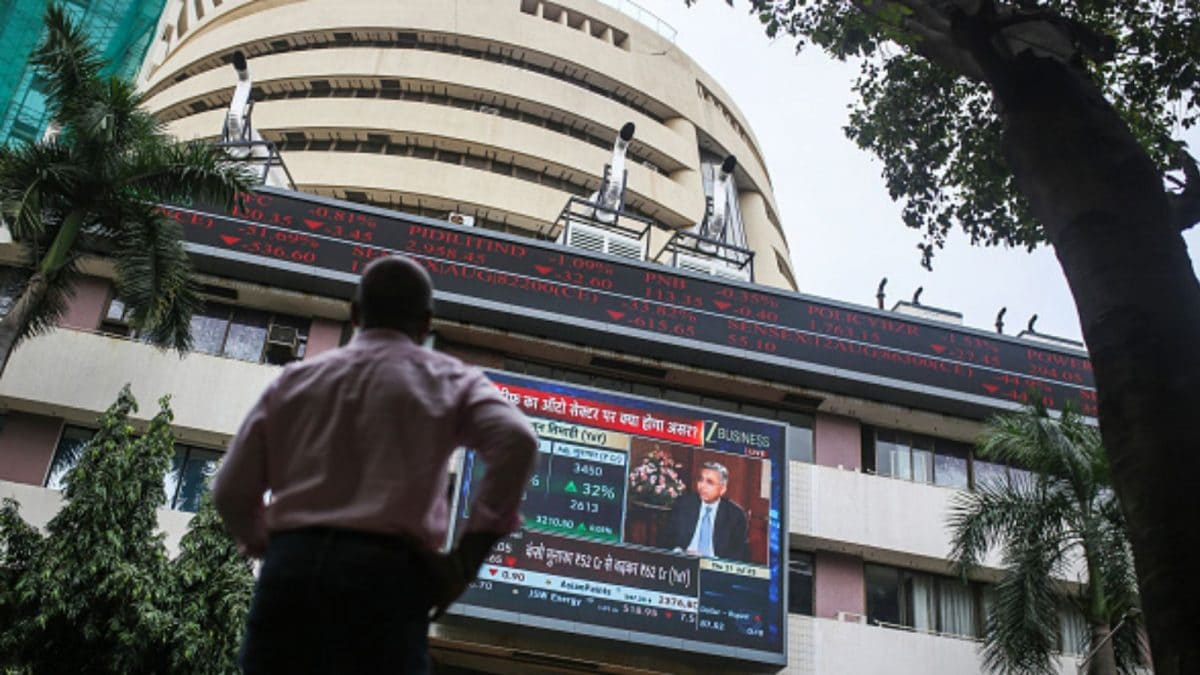
Last Updated:
Indian equities paused on Wednesday after the previous session’s sharp surge triggered by the India–US trade agreement

Stock Market Today.
Sensex Today: Indian equities paused on Wednesday after the previous session’s sharp surge triggered by the India–US trade agreement. The pact, which reduced US tariffs on Indian goods to 18 per cent from 50 per cent, had buoyed sentiment and removed a major overhang, but markets turned cautious as traders booked profits.
A decline in information technology stocks further weighed on the mood.
At the open, the BSE Sensex was around 83,430, down 309 points or 0.37 per cent, while the Nifty 50 stood at 25,663, lower by 65 points or 0.25 per cent.
Broader markets also traded in the red, with the Nifty MidCap index slipping 0.48 per cent and the Nifty SmallCap index easing 0.18 per cent.
The Nifty IT index tumbled more than 5.5 per cent, led by losses in Persistent Systems, LTIMindtree, Infosys, HCL Tech, Coforge, TCS, Mphasis and Tech Mahindra.
Global cues
US markets ended lower overnight as investors rotated out of technology stocks into sectors more closely tied to economic recovery. The Dow Jones slipped 0.34 per cent, the S&P 500 declined 0.84 per cent, and the Nasdaq fell 1.43 per cent at the close.
Asian markets were mixed in early trade on Wednesday amid the absence of strong triggers. China’s CSI 300 index dropped 0.29 per cent, Hong Kong’s Hang Seng edged down 0.05 per cent, and Japan’s Nikkei lost 0.61 per cent. In contrast, South Korea’s Kospi rose 0.54 per cent.
In commodities, spot gold gained over 1 per cent to $5,002 per ounce, while spot silver advanced 0.69 per cent to $85.70 per ounce.
On the macro front, investors await the release of S&P Global/HSBC composite and services PMI final data for January from both India and Japan.
February 04, 2026, 09:13 IST
Read More
-

 Sports1 week ago
Sports1 week agoPSL 11: Local players’ category renewals unveiled ahead of auction
-

 Entertainment1 week ago
Entertainment1 week agoClaire Danes reveals how she reacted to pregnancy at 44
-

 Sports1 week ago
Sports1 week agoCollege football’s top 100 games of the 2025 season
-

 Business1 week ago
Business1 week agoBanking services disrupted as bank employees go on nationwide strike demanding five-day work week
-

 Politics1 week ago
Politics1 week agoTrump vows to ‘de-escalate’ after Minneapolis shootings
-

 Entertainment1 week ago
Entertainment1 week agoK-Pop star Rosé to appear in special podcast before Grammy’s
-

 Sports1 week ago
Sports1 week agoTammy Abraham joins Aston Villa 1 day after Besiktas transfer
-
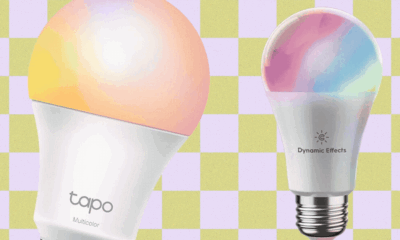
 Tech1 week ago
Tech1 week agoBrighten Your Darkest Time (of Year) With This Smart Home Upgrade




